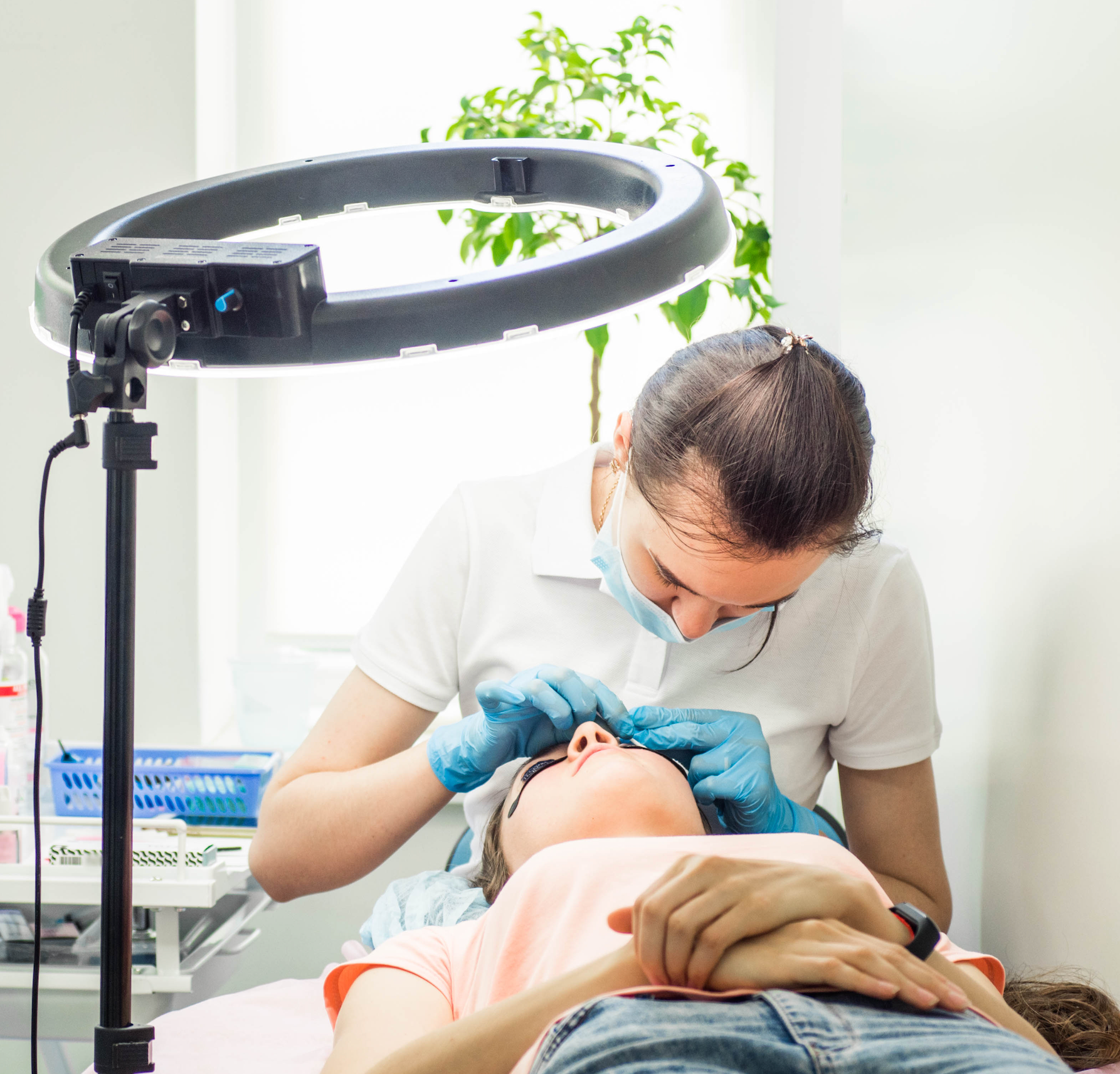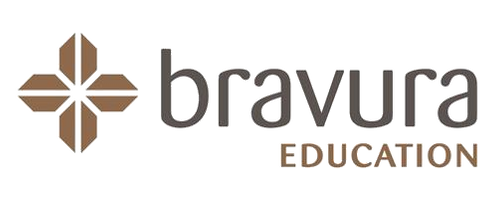
ANZSCO, the ABS, and Can Beauty Therapists & Beauticians Perform Laser?
The Australian Bureau of Statistics (ABS) has recently undertaken a comprehensive review of the Australian and New Zealand Standard Classification of Occupations (ANZSCO), leading to significant updates that impact the beauty profession.
There has been concern in the industry with fears of a reduction in the scope of practice for beauty therapists. The Aesthetic Beauty Industry Council (ABIC) has said that there have been "emotions", "conversations" and "confusion" around the new classifications from sole practitioners and businesses alike. Founding Director Stef Milla has reassured the thousands of beauty therapists in Australia that it's "not regulation, not legislation it is a foundation for education and self-regulation" and says this is chance to "go and upskill."
These changes aim to more accurately reflect the evolving roles and skill sets within the industry, but how will you ensure you are up to speed and can perform laser treatments in the future?
Implications for Laser Treatments:
The revised classification states that beauty therapists can use "superficial beauty devices to treat clients' skin" and does not explicitly exclude the use of laser devices as being within the scope of practice for beauty therapists. This implies that Beauty Therapists could perform laser treatments when they have sufficient further education, training and insurance, provided they are superficial in nature. Experts from the insurance have assured us that there is no restriction in place now, or planned for the near future for beauty therapists performing laser treatments within their scope of practice.
The gold standard, and minimum educational requirement is a Laser Safety Certificate. So if you don’t have an up-to-date Laser Safety Certificate (i.e. done in the last three years), now is the time.
Other Recommendations for Practitioners:
Regularly consult updates from your insurer, the ABS and industry experts like Aesthetic Medical Practitioner, the Spa Industry Association, or APAN to understand how these classification changes may affect your practice.
Post Disclaimer
This blog post has been vigilantly researched and fact checked to ensure that it is accurate, reliable and up to date. You must keep in mind that errors and omissions may occur and that we welcome any feedback or corrections in this regard. We encourage you to do your own research to verify the accuracy and contemporary nature of the information presented.
